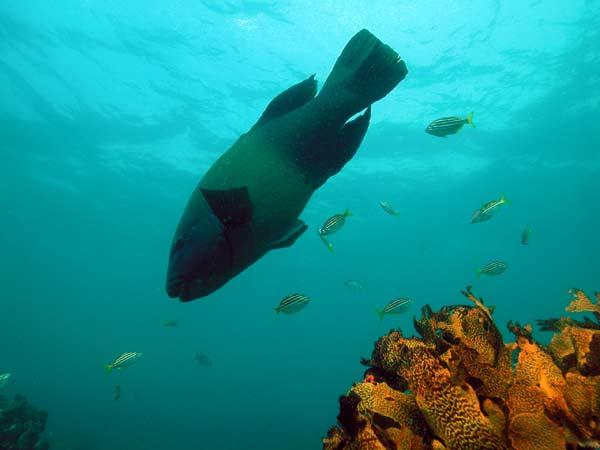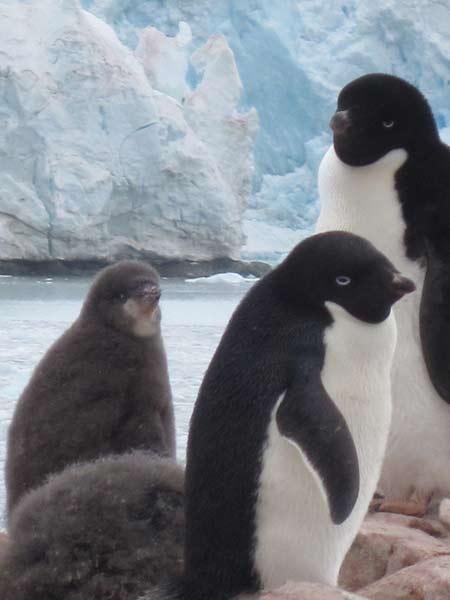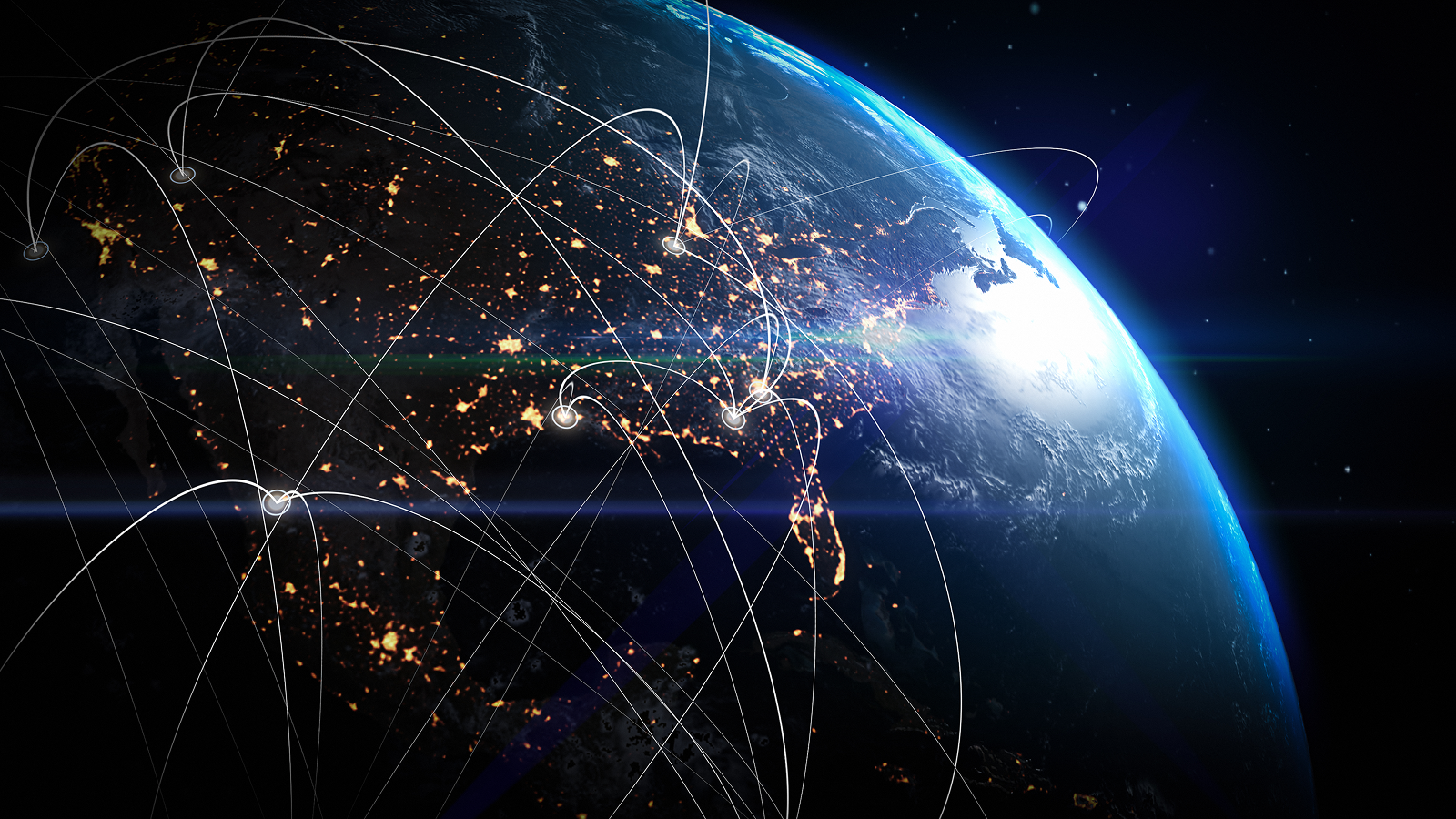Ocean Ecosystems Transforming Due to Climate Change


Global climate change is fundamentally disrupting marine ecosystems, especially in the polar oceans, according to two new reviews of scientific research released Thursday in the journal Science.
Changes in temperature, ocean acidity and volume are affecting species from phytoplankton the microscopic marine plants at base of the food chain to polar bears, which may lose 68 percent of their summer habitat by 2100.
"Climate change is affecting an enormously wide range of physical and biological aspects of the ocean ," said John Bruno, a University of North Carolina marine ecologist and co-author of one of the reviews. "Once you start tweaking temperature, everything changes."
Photosynthesis by phytoplankton is down six percent since the 1980s, and the organisms themselves are getting smaller thanks to warmer temperatures, the review noted.
Less plankton means less food for fish, which in turn means less seafood for human consumption. Phytoplankton also absorb carbon dioxide from the air and sequester it at the seafloor when they die and sink to the bottom of the ocean. Fewer phytoplankton could mean more human carbon dioxide emissions stay in the atmosphere, Bruno said, further exacerbating the climate change problem.
Worldwide, the authors found, important habitats are being lost. Coastal mangroves, for example, protect the coast from storms, but rising sea levels may obliterate 10 to 20 percent of mangroves in the next 90 years.
The "canary in the coalmine" for all of these shifts is the polar oceans, said Oscar Schofield, an oceanographer at Rutgers University in Newark, New Jersey and a co-author of the second review, which focuses on changes at the West Antarctic Peninsula.
Get the world’s most fascinating discoveries delivered straight to your inbox.
There, the authors found, temperatures have increased by 6 degrees Celsius in the past 50 years, more than five times the average change worldwide. Phytoplankton blooms are down 12 percent overall. Krill populations important food for whales, penguins, fish and other large animals are plummeting, with jellyfish-like organisms called salps, which don't make as good a meal, taking their place.
Above the surface, the polar Adélie penguin population has gone from tens of thousands of breeding pairs to just a few thousand, Schofield said. Temperate species of penguin like the Chinstrap and Gintoo are moving into the Adélie's old turf.
Particularly shocking, Schofield said, is how rapidly these changes are occurring.
"It's not like it's happening over hundreds of years," he said. "It's happening over decades."

Stephanie Pappas is a contributing writer for Live Science, covering topics ranging from geoscience to archaeology to the human brain and behavior. She was previously a senior writer for Live Science but is now a freelancer based in Denver, Colorado, and regularly contributes to Scientific American and The Monitor, the monthly magazine of the American Psychological Association. Stephanie received a bachelor's degree in psychology from the University of South Carolina and a graduate certificate in science communication from the University of California, Santa Cruz.



